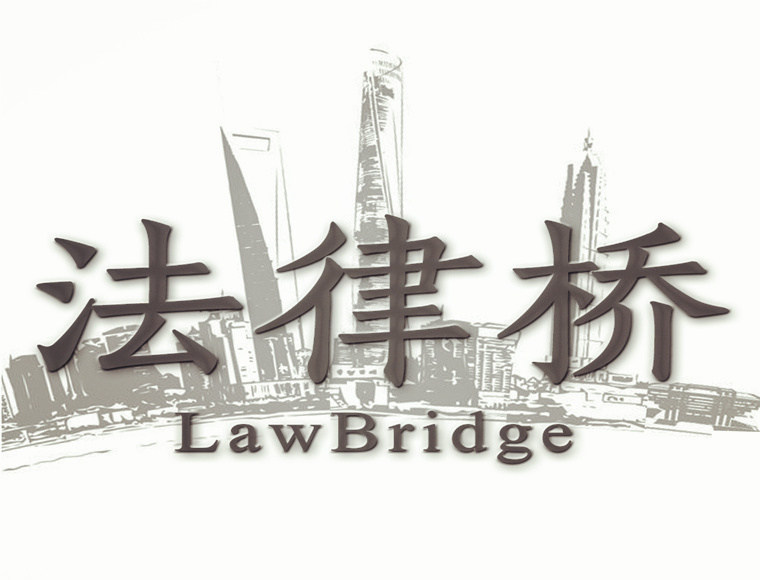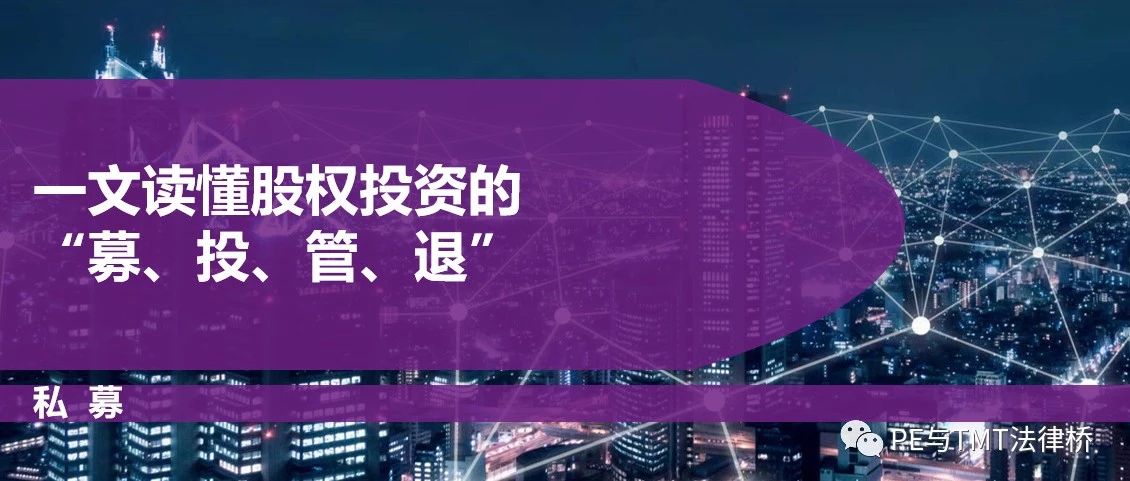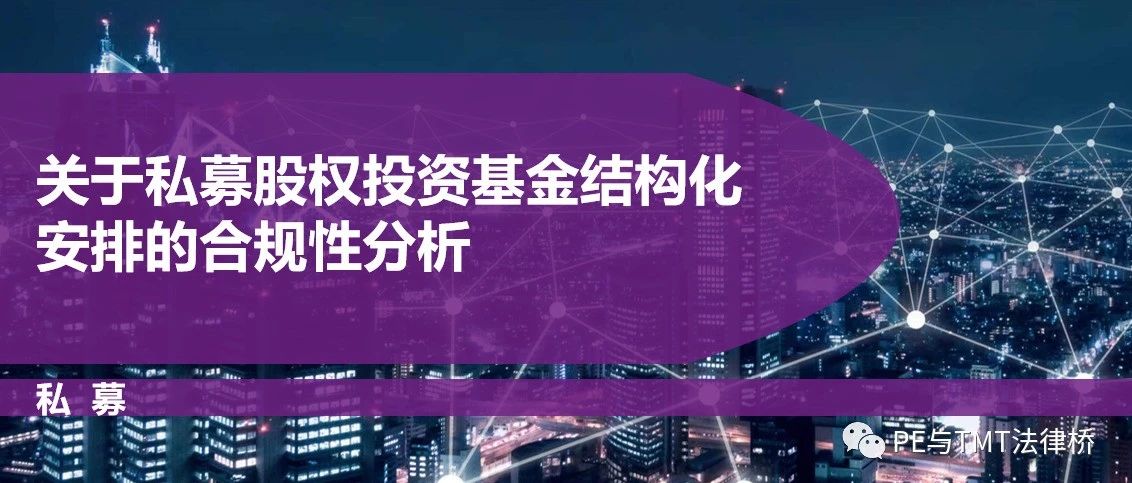Is the transfer of equity subject to evaluation procedures? Will it constitute a significant injustice without assessment?
The equity transfer price mainly depends on the negotiation between the two parties,
Unappraisal does not constitute obvious unfairness
Reading tips: In the equity transfer transaction, in order to ensure the fairness and objectivity of the company's assets and the price of the equity itself, both parties will hire a professional asset evaluation institution to evaluate the subject matter and buy and sell the corresponding equity according to the evaluation price.
So, if one party believes that the equity price is unreasonable, high or low after the completion of the transaction, can the transfer agreement be revoked on the grounds that the equity price has not been assessed and constitutes "obviously unfair" as stipulated in Article 151 of the Civil Code?
Abbreviature of Adjudication
The equity transaction price of non-listed companies mainly depends on the consensus of both parties. It is not necessary to evaluate the equity assets.
The people's court will not support the parties who claim that the equity transfer contract is obviously unfair and that the contract is cancelled on the grounds that the equity transfer price agreed upon is too high or too low without evaluation.
Brief introduction of the case
1. Sunshine Company was established in 2001 to operate the real estate business, in which the shareholder Shunyuan Company holds 70% shares and Yibang Company holds 12% shares.
2. In 2015, Yibang transferred 12% of the equity of the Sunshine Company to Shunyuan Company at a negotiated transfer price of 32 million yuan, and subsequently completed the industrial and commercial change registration.
3. At the end of 2017, Yibang sued Shunyuan and Sunshine to the Chengdu Intermediate People's Court, requesting the cancellation of the original share transfer contract and the restoration of its shareholder status. The reason was that Shunyuan, as the controlling shareholder, concealed the income from a 450 mu land transfer, resulting in a false low transfer price, which constituted fraud and unfair.
4. In the first instance, in order to prove that the previously transferred share price was unrealistically low, Yibang Company applied for asset evaluation of its equity, which was rejected by the court.
The court held that the share price of the limited company did not go through full competition and game with the share price of the listed company. It was normal that its share price had a premium and a discount to its net assets. As a small shareholder, Yibang Company had the right to know and should be deemed to have known about the company's transfer of land. Therefore, it was not recognized that there was a fact of concealing income, so the court of first instance ruled to dismiss its claim.
5. Yibang was not satisfied and appealed to the Sichuan High Court. The second instance of the Sichuan High Court held that the equity price not only includes the company's net assets, but also includes the subjective judgment of the parties on its investment value, and the share price will change dynamically with the operating conditions, which mainly depends on the consensus of both parties. Whether the evaluation is not related to whether it constitutes fraud or obvious unfairness, and the court of first instance handled the evaluation correctly, and the second instance upheld the original judgment.
Key points of judgment
On the issue discussed in this paper, they believe that:
One of the focuses of controversy in this case is whether the equity transfer price has not been assessed, which constitutes a significant injustice?
In this case, the signing of the equity transfer agreement is the equity transfer price confirmed by both parties through consultation after taking various factors into consideration. It is not agreed in the agreement that both parties should determine the equity transaction price based on the evaluation value of the company's assets. Yang Chunbao's lawyer team continues to select high-quality legal practice articles for you.
The subject matter of the equity transfer contract involved in the case is equity. The transaction price of the company's equity not only includes the net value of the company's physical assets, but also includes the parties' subjective evaluation of the investment value other than the company's intangible assets, industry prospects and other physical assets. The transaction price of the company's equity also changes dynamically due to the changes in the company's operating conditions, which mainly depends on the consensus of both parties, Therefore, during the first instance of this case, there is no correlation between the application of Yibang Company to evaluate the equity value of Sunshine Company and whether there was fraud when the two parties entered into the equity transfer contract. Therefore, the court did not grant the application of Yibang Company to evaluate the equity value of Sunshine Company.
Summary of practical experience
The law cannot replace the buyer to judge the equity transaction price. The buyer needs to be cautious when pricing
As the court of second instance of this case said, the equity price not only includes the company's net assets, but also includes the parties' subjective evaluation of the company's investment value.
This virtually imposes more duty of care on the acquirer of equity. Therefore, before accepting a certain equity price, the equity transferee should not only investigate and verify the company's main assets, liabilities, operating income, profits, tax status, litigation and other intuitive information, but also analyze the company's industry prospects, competitive situation, business situation, strategic planning Study and judge the quality and ability of the management team to comprehensively determine the equity transfer price.
For the seller, it should ensure that the transferee fully knows the company's assets and operating conditions, and avoid the cancellation of the equity transfer contract after it constitutes a significant injustice
Another focus in this case is whether the seller conceals the income from the land transfer and constitutes fraud?
In order to avoid similar risks, the seller of the equity transaction should fully disclose the company's assets and operating conditions to the buyer.
If the due diligence link is arranged, it shall ensure that the company information required by the Due Diligence List is provided to the other party truthfully and comprehensively, and take the previous due diligence results as the basis for disclosure when the subsequent agreement is signed and the equity is delivered, and then write the basis for disclosure into the due diligence report, the equity transfer agreement, the handover confirmation letter and other documents, requiring the other party to sign for confirmation, and recognizing the comprehensiveness and authenticity of the seller's disclosure.
(China is not a case law country, and the case cited and analyzed in this article is not a guiding case, and has no binding force on the trial and adjudication of similar cases. At the same time, it is particularly important to note that in judicial practice, the details of each case are very different, and it is not allowed to directly invoke the adjudication opinions of this article. The sorting and research of the adjudication documents of different cases by lawyers of Beijing Yunting Law Firm aims to provide different readers with different opinions The perspective of research and observation does not mean that the lawyers of Beijing Yunting Law Firm agree with and support the judgment opinions of this case, nor does it mean that the court must invoke or refer to these judgment rules when dealing with similar cases.)
Relevant laws and regulations
Contract Law of the People's Republic of China (expired)
Article 54 A party shall have the right to request a people's court or an arbitration institution to modify or cancel the following contracts:
(1) It is concluded due to major misunderstanding;
(2) It is obviously unfair when concluding the contract. If one party uses fraud, coercion or taking advantage of the other party's danger to make the other party conclude a contract against its true intention, the aggrieved party has the right to request the people's court or arbitration institution to modify or cancel the contract. The people's court or arbitration institution may not revoke the request of the parties.
Interpretation of the Supreme People's Court on the Application of the Civil Procedure Law of the People's Republic of China (revised in 2022)
Article 121 A party may apply for expert testimony before the expiration of the time limit for adducing evidence. The people's court shall not grant the application for authentication if the matter is not related to the facts to be proved or is meaningless to prove the facts to be proved.
If the people's court allows the parties to apply for appraisal, it shall organize both parties to negotiate and determine the appraisers with corresponding qualifications.
If the parties fail to reach an agreement through consultation, the people's court shall appoint them. If it meets the conditions for investigating and collecting evidence according to its authority, the people's court shall entrust the appraisal according to its authority, and appoint an appraiser with corresponding qualifications after inquiring the opinions of the parties.
Civil Code of the People's Republic of China
Article 148 If a party fraudulently causes the other party to commit a civil legal act against its true intention, the fraudster has the right to request the people's court or an arbitration institution to revoke it.
Article 151 If one party takes advantage of the other party's precarious situation, lack of judgment and other circumstances, resulting in the obvious unfairness of the establishment of a civil legal act, the aggrieved party has the right to request the people's court or an arbitration institution to cancel it.
PE and TMT legal bridge

Presiding lawyer: Yang Chunbao, first-level lawyer
Tel/WeChat: 1390 182 6830
Business contact and submission email:
chambers.yang@dentons.cn
Address: 9/24/25/F, Shanghai World Financial Center, 100 Century Avenue, Shanghai























































First, please LoginComment After ~